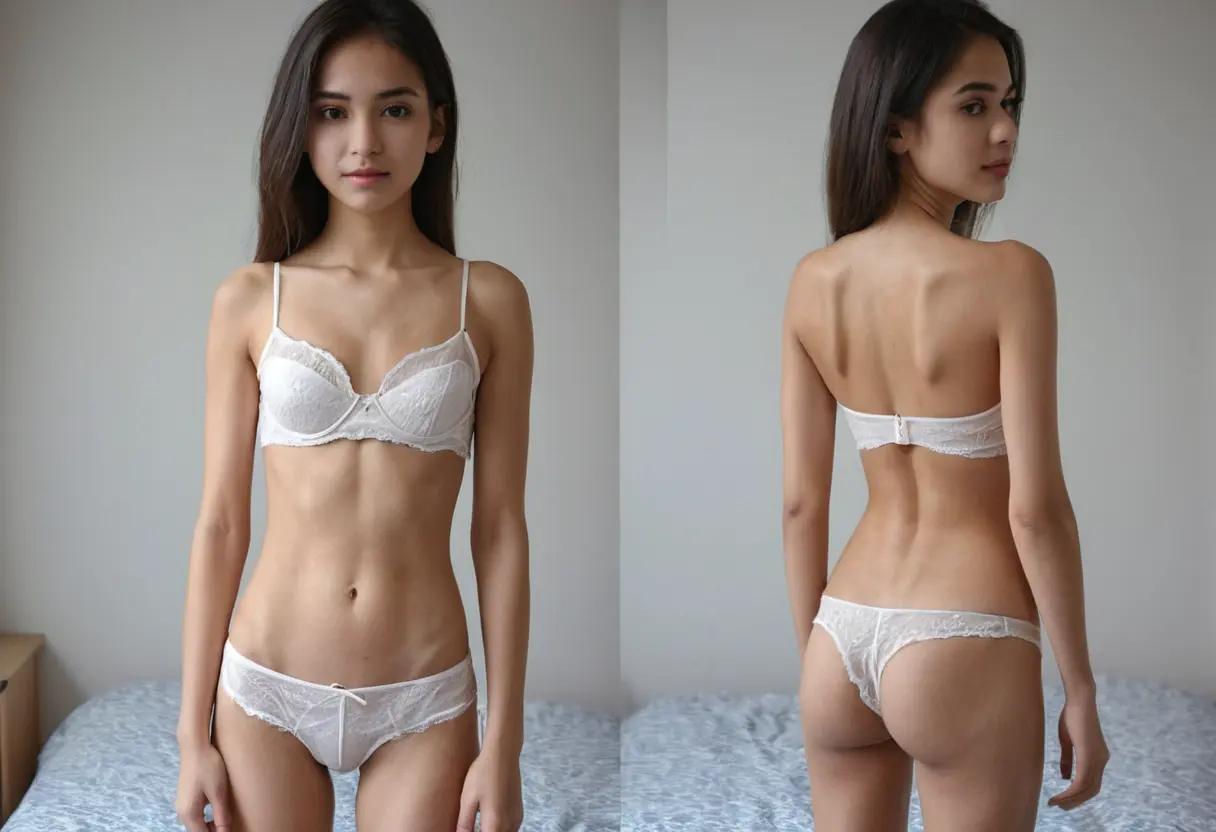
Artificial Intelligence (AI) is rapidly transforming industries across the globe, and the fashion industry is no exception. With advancements in machine learning, data analytics, and virtual technology, AI is revolutionizing the way consumers shop, how brands design collections, and how fashion is presented in the digital world. Virtual styling, powered by AI, is enhancing personalization, providing innovative shopping experiences, and introducing new ways for consumers to engage with fashion. This article delves into the ways AI technology is reshaping the fashion industry, exploring virtual styling, predictive analytics, and the role of AI in sustainable fashion.
One of the most significant impacts of AI in fashion is the rise of virtual styling. AI-driven styling tools use advanced algorithms to analyze a user’s preferences, body type, and previous fashion choices, providing personalized recommendations. These tools, often integrated with augmented reality (AR), allow consumers to "try on" outfits virtually without stepping into a physical store.

For instance, apps like Styku and Fit3D use 3D body scanning to recommend clothing that will fit the user’s body shape. Other platforms like AIstylist analyze fashion trends and consumer data to suggest outfits suited to individual tastes. This level of personalization not only enhances the shopping experience but also fosters greater customer loyalty, as consumers are presented with items that align with their personal style and preferences.

AI is also revolutionizing the way fashion trends are forecasted. Through the use of big data and machine learning, AI systems can analyze vast amounts of data from various sources, including social media, fashion shows, online behavior, and even historical trends, to predict the next big fashion movement.

Companies like Edited and Heuritech use AI-powered tools to track consumer sentiment and predict what styles, colors, or fabrics will dominate the market. This enables fashion brands to make data-driven decisions, ensuring that their collections are in line with upcoming trends. As a result, designers can create collections that resonate with consumers and minimize the risk of overproduction, leading to both financial and environmental benefits.
AI is not only transforming the retail side of fashion but is also significantly changing the way fashion designs are created. Designers are now using AI tools to assist in everything from fabric creation to pattern making. AI systems can generate new designs based on vast datasets, giving designers fresh, innovative ideas and helping them experiment with styles they may not have considered.
For example, DeepFashion is an AI model that can recognize and categorize clothing items and styles in images, making it easier for designers to explore various concepts. Similarly, IBM's Watson has been used to assist designers in creating new collections by analyzing consumer data and suggesting colors and patterns that are likely to perform well in the market. AI-powered tools are enabling designers to push the boundaries of fashion design while also making the design process faster and more efficient.
With growing concerns about the environmental impact of the fashion industry, AI is playing a crucial role in promoting sustainability. From reducing waste to creating more efficient manufacturing processes, AI technology is helping fashion brands adopt greener practices. One key area where AI is www.undressaitool.com/making a difference is in inventory management.
AI-powered inventory systems help brands predict consumer demand more accurately, reducing the amount of unsold stock that ends up in landfills. Additionally, AI is being used in the creation of sustainable fabrics. Brands like Stella McCartney and Patagonia have integrated AI to optimize the use of raw materials and reduce their carbon footprint. AI is also helping designers explore eco-friendly fabrics by analyzing the environmental impact of various materials and production methods.
The future of AI in fashion holds exciting possibilities. As AI technology continues to evolve, we can expect even more sophisticated virtual try-ons, enhanced personalization, and deeper integration of AI in the design process. Some experts believe that AI could eventually lead to fully personalized clothing, where garments are custom-designed for each individual based on their unique preferences and body dimensions.
Additionally, as the metaverse and virtual reality (VR) continue to grow, AI will play an integral role in creating digital fashion worlds where users can interact with fashion in entirely new ways. Virtual clothing, for example, could become a significant aspect of digital identity, with AI-generated outfits allowing users to curate their online personas with more precision and flair.
AI technology is undoubtedly revolutionizing the fashion industry in multiple ways. From virtual styling and predictive analytics to enhancing the design process and promoting sustainability, AI is transforming how fashion is created, consumed, and experienced. As we move further into the digital age, AI will continue to play a pivotal role in shaping the future of fashion, offering personalized, efficient, and sustainable solutions for both consumers and designers. Embracing these technological advancements will not only drive innovation but also help build a more sustainable and inclusive fashion industry for the future.